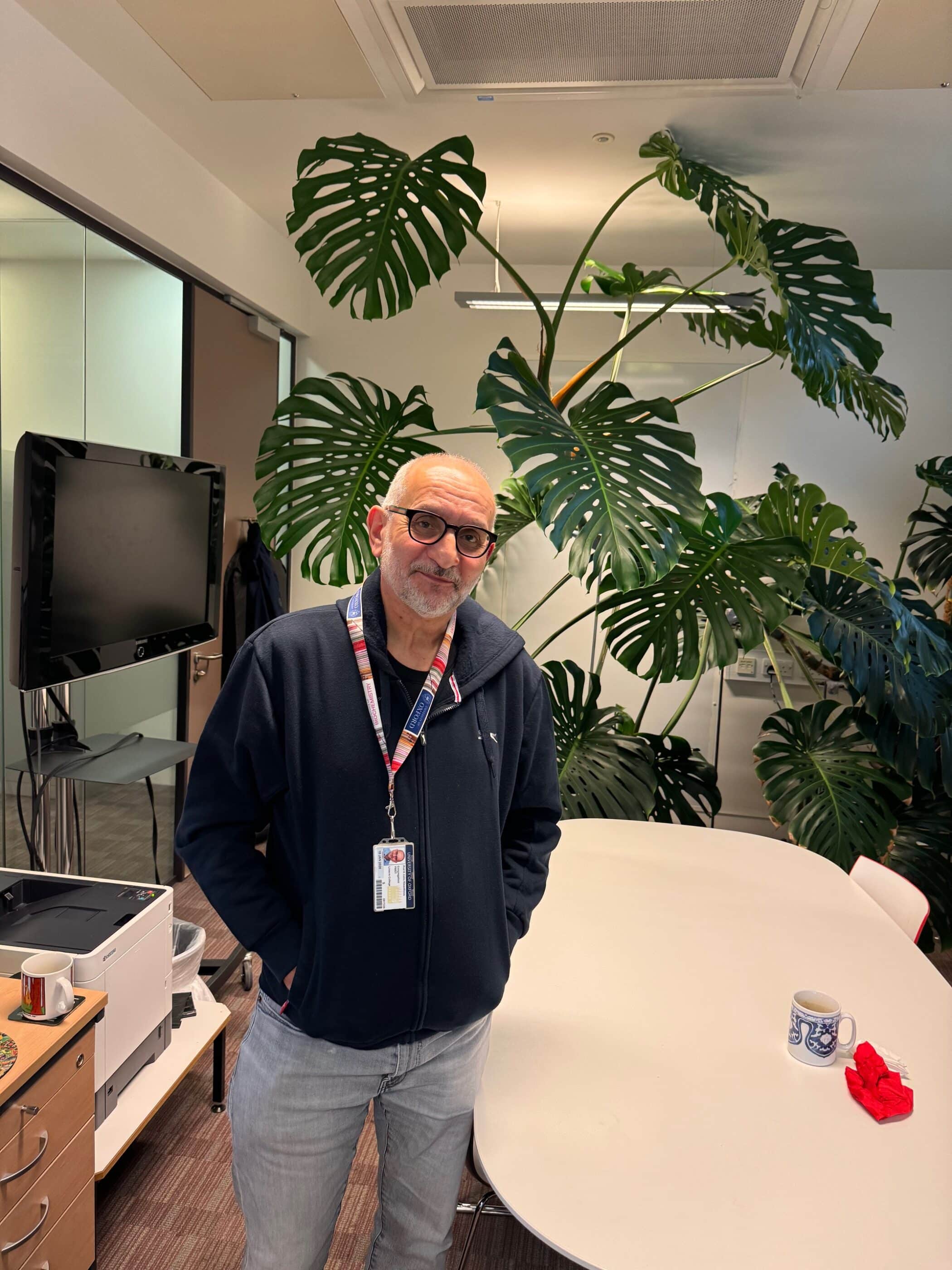Linacre Junior Research Fellow, Leonardo Bonetti, has received the 2022 Lundbeck Foundation Talent Prize for his research on the brain mechanisms underlying memorisation and recognition of sequences.
After training in classical guitar at the Bologna Conservatory and completing a master’s degree in experimental psychology at the University of Bologna, Leonardo developed an interest in cognitive neuroscience with a special focus on neuroscience and psychology of music. Completing a PhD in cognitive neuroscience of music at Aarhus University, Leonardo investigated the brain activity and connectivity patterns underlying music processing, focusing on the mechanisms that allow individuals to recognise previously learned music.
Leonardo has conducted research as a Carlsberg Foundation Fellow at the Centre for Eudaimonia and Human Flourishing at Linacre, the interdisciplinary centre headed by GB Fellow, Professor Morten Kringelbach. Overall, his studies involved more than 300 people listening to music, primarily excerpts from Bach compositions, while their brain activity was measured using advanced neuroimaging techniques. Leonardo explained;
“The participants were asked to memorise the music we played. During a later scan, we studied what happened in the brain when they recognised either the same music that they previously listened to, or variations of such music. We observed that different brain regions were recruited during the recognition process. Interestingly, while the auditory regions of the brain provided the initial, rapid contribution for processing the sounds, higher order brain regions not normally associated to auditory processing such as hippocampus, cingulate gyrus and prefrontal cortex were active at a second time. This indicates that the recognition of music is a complex cognitive process which requires the recruitment and interplay of a large network of hierarchical brain regions”
The 300 participants spanned a wide range of ages and the brain activity measured during the experiments was generally highest amongst the younger individuals, even when no differences were observed in the performance of the recognition task. Bonetti will now conduct similar experiments with healthy older adults and with people who have been diagnosed with various types of dementia. He concludes;
“The combination of music and neurophysiology can provide us with a key opportunity to study the brain changes associated with healthy ageing and dementia. Moreover, based on the neural processing of music, we may potentially be able to predict the individual probability of developing cognitive decline and dementia “.
You can learn more about the prize and Leonardo’s research from this short film.


















